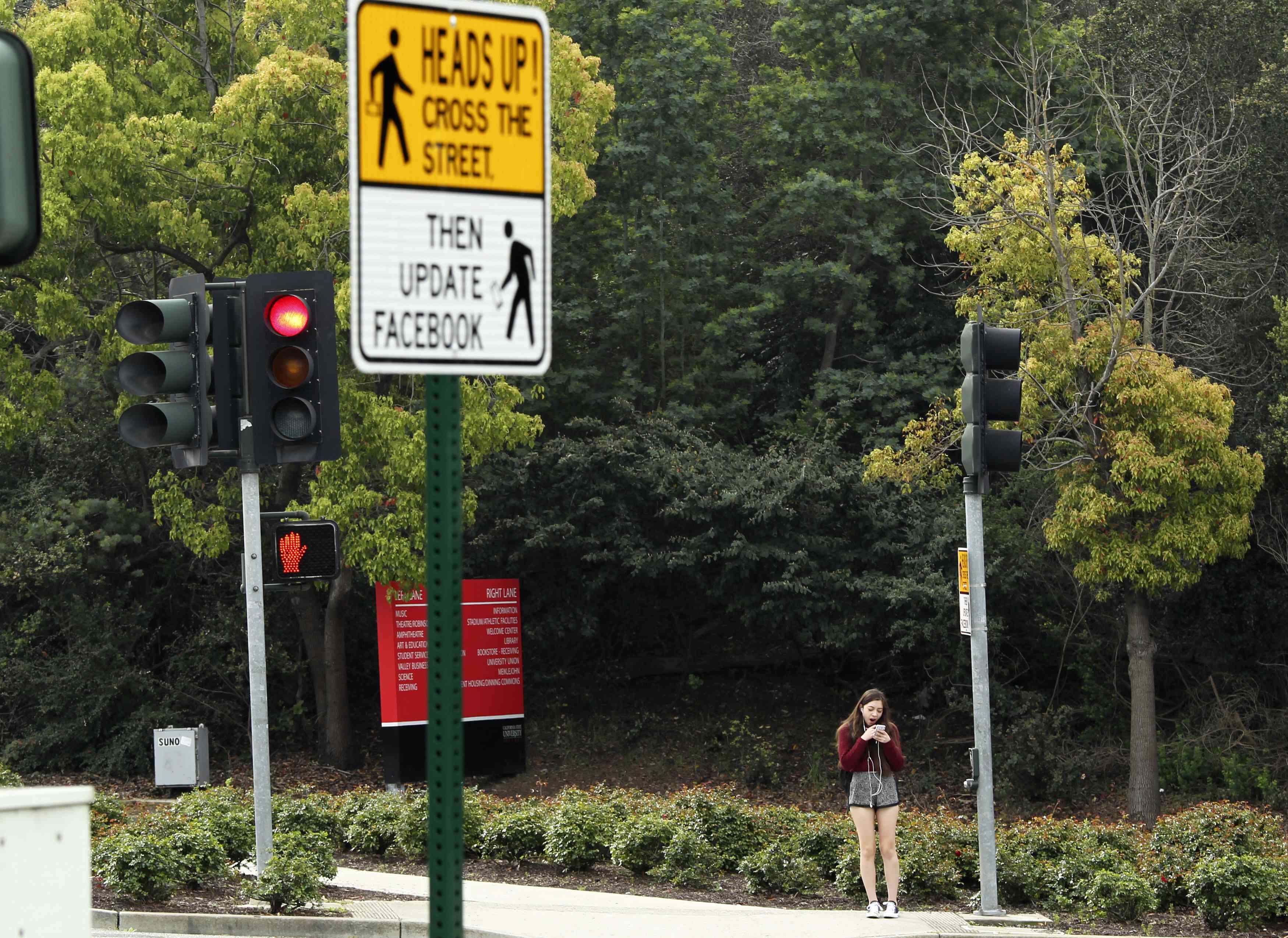
Every time I write about bias against conservatives in academia, I can count on a few professors writing me to politely suggest that I have no idea what I’m talking about. Sometimes they aren’t so polite, either. How would I know what goes on in their hiring meetings, their faculty gatherings, their tenure reviews? They’re right there, and they can attest firsthand that there ain’t no bias, no sir!
But none of them can explain why, if that bias doesn’t exist, so many of their conservative and libertarian colleagues feel compelled to hide in the closet. Deep in the closet, behind that plastic zip bag of old winter coats in mothballs, and sealed, with many layers of packing tape, in a box marked “Betamax Tapes: Jerry Lewis Labor Day Telethon 1981-1987.”
“The modern academy pays lip service to diversity,” notes my colleague Virginia Postrel in a column about “Passing on the Right,” a new book about the conservatives in academia. “Yet as a ‘stigmatised minority,’ the authors note, right-of-center professors feel pressure to hide their identities. If conservatives aren’t being discriminated against, then why are so many of them, sitting in those same meetings and tenure reviews, afraid to show their ideological colours?
Now before you accuse me of comparing conservative professors to radically oppressed minorities, let me note that social structures can look similar without being morally equivalent. Sports rivalries tap into many of the same instincts and ritual behaviuors as tribal warfare. That doesn’t mean state football championships are as bad as genocide.
As it happens, I think there are some justice problems with discriminating against people for their political beliefs, particularly in places that are nominally dedicated to free inquiry. But let's leave aside those questions, and think about what the politicization of the academy does to the quality of its work.
Consider, for example, a study showing that conservative and libertarian law professors tend to publish more and be cited more than their liberal counterparts. This suggests that schools are effectively engaging in a sort of affirmative action for liberal professors, lowering the intellectual firepower of the teaching staff as a whole. Or consider the way bias can affect the methods researchers use and the questions they ask, potentially leading to invalid results.
But perhaps even more disturbing is the way that this bias alters, and narrows, what gets studied. “Conservatives can safely study ancient history but not modern American history, economics but not sociology,” writes my colleague. “Literature, largely a politics-free zone until the 1980s, has become hostile territory.” This resonates with me, and not just for ideological reasons.
The politicisation of the humanities was well under way when I was an English major in the early 1990s, and my education suffered as a result. This wasn't because I was so oppressed as a conservative. Being, like so many college students, not overfond of unnecessary labor, I’m afraid I all too frequently slithered along the easy path to the 4.0.
Am I against studying race, gender, class or identity in literature, or history, or economics or sociology, or any other discipline? Not at all! These things matter a great deal. A lot of fine, perceptive, thought-provoking work has been done in these areas, and even when I disagree with its conclusions, I would not have a word of it unwritten.
But while oppression is a large part of human experience, it's not the only part. People who have advocated greater focus on studying previously marginalised groups can fairly say that they are a counterweight to a previous set of biases that missed a whole lot of human experience too. But when certain political commitments become too central to identity in academia -- or any other group dedicated to intellectual labour -- there’s a danger that political themes will become the adult version of the easy A: a substitute for saying something more interesting, more challenging.
The fact that conservatives are forced into the closet is probably at least as much a symptom as the cause of the problem. But luckily, either way, the cure is the same: To throw disciplines open to a wider array of viewpoints and interests. Every person is captive to their own biases and interests; every human sees but through a glass, darkly. But the more people we have looking through different glasses, the more likely it is someone will see what's really there. - Bloomberg View